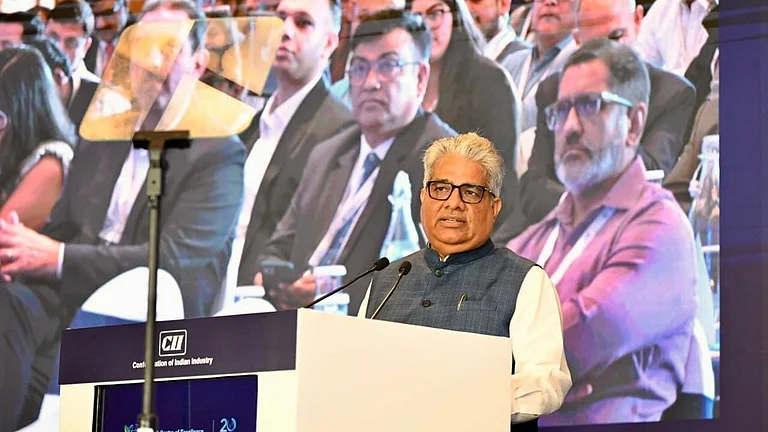China announces first emission cuts, aiming for 7-10% reduction by 2035.
Xi Jinping pledges ambitious renewable energy growth and carbon-neutral goals by 2060.
UN climate summit sees China committing to reducing greenhouse gases across economy.
China Commits to 7-10% Emission Cuts by 2035, Leads the Way in Finalising Climate Targets
China announces 7-10% emission cuts at UN climate summit
China, the world’s largest polluter, has announced its first emission cuts from peak levels using a United Nations climate event on September 24 to outline its first proposed cuts to planet-warming pollution. This comes as countries across the world including world leaders are still on the way to declare their climate targets.
The announcement from Chinese President Xi Jinping was done through a video appearance at a special UN meeting in New York that indicates a breakthrough for the world’s biggest emitter. He further declared that the country would reduce its greenhouse gas emissions across the economy by 7-10% by 2035, while “striving to do better”.
Analysts told AFP that Beijing has often “under-promised and over-delivered” and stated that its pledge offers a path towards more ambitious efforts to deal with climate change.
The target to reduce greenhouse gases between 7% and 10% by 2035 follows a tradition of Chinese leaders setting modest climate targets, which the country has mostly exceeded. China’s 10-year goal for renewable energy, set in 2020, came to pass six years ahead of schedule. The track record of what other nations have actually achieved after reaching peak emissions may hold clues as to whether China can overachieve this target.
According to Bloomberg, previous Chinese leaders had only pledged to reach peak emissions before 2030 and measured reductions in relation to economic growth. That means with its new climate goal China has committed to join the group of industrialised nations whose emissions are slowly but steadily going down.
While major international climate negotiations under the umbrella of COP30 in Brazil are about six and a half weeks away, the United Nations Secretary-General Antonio Gueterres convened a special leaders summit on September 24 during the General Assembly to focus strategies to curb emissions from coal, oil and natural gas.
During his video address, Xi pledged that China would rise its wind and solar power capacity six-fold from 2020 levels, make pollution-free vehicles mainstream and "basically establish a climate adaptive society.", according to AP.
Beijing pledged in 2021 to peak carbon dioxide emissions before 2030 and reach carbon neutrality by 2060 but gave no near-term numerical targets for reducing emissions.

